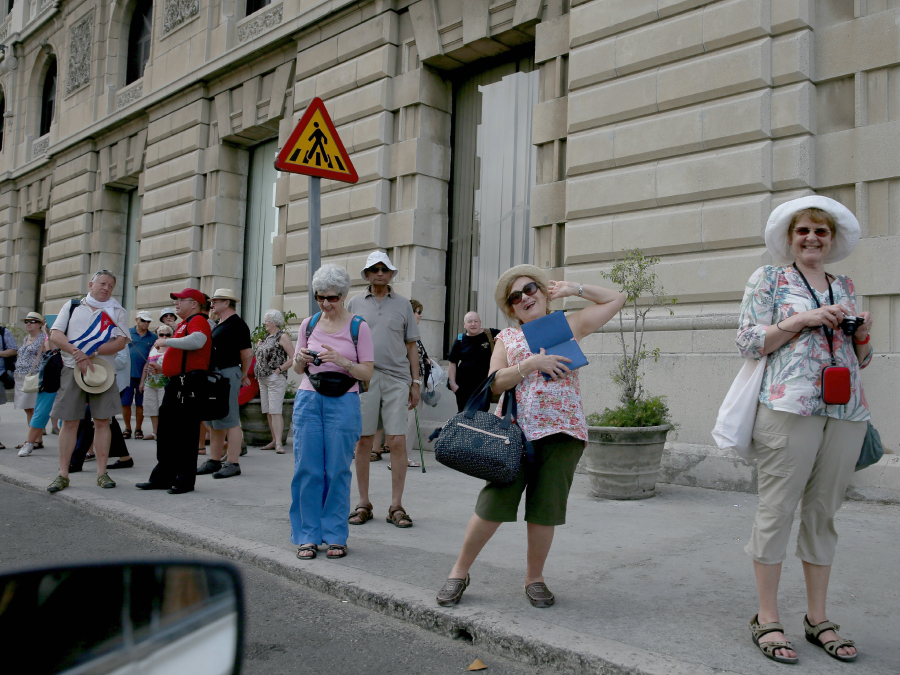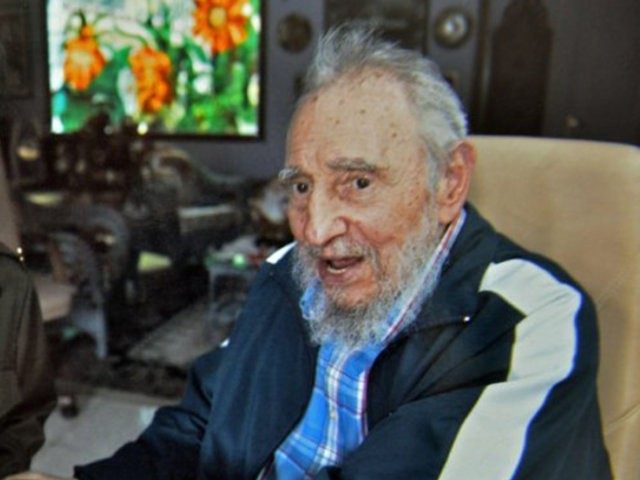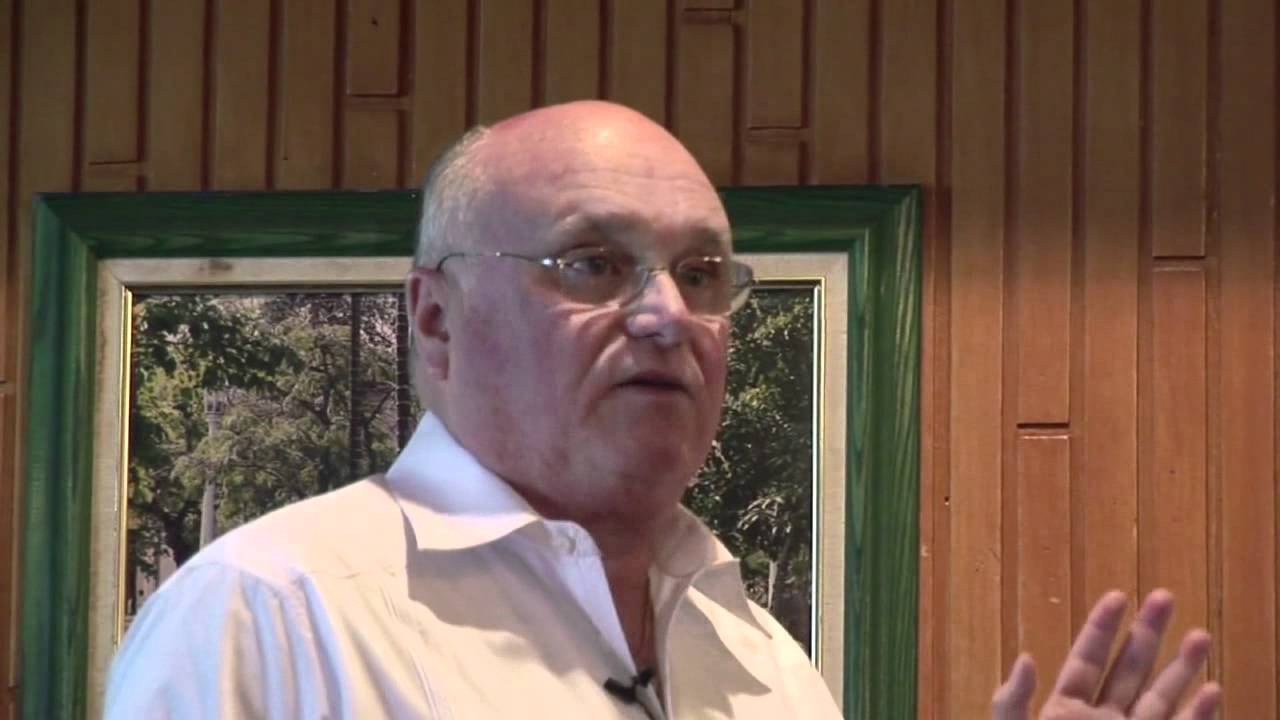By Arch Ritter, March 14, 2016
Tourism has been the spectacular growth sector for Cuba since the beginning of the “Special Period” in 1990. Tourist numbers have increased 10-folds in the quarter-century from 1990 to 2015, as illustrated in Chart 1. Foreign exchange earnings from tourism have increased correspondingly. Canada has been by far the largest source of tourists. Indeed, Cuba’s best friend throughout the “Special Period” has been the Canadian winter.
Now with full normalization of U.S. – Cuban relations “en route,” huge prospective increases in U.S. tourism will have major impacts on Canada but also perhaps on other Caribbean tourist destinations. What might these impacts be?
Chart 1. International Tourist Arrivals, 1990-2015, Thousands.  Source: Oficina Nacional de Estadisticas, Government of Cuba, various issues, Access3ed February 23, 2016
Source: Oficina Nacional de Estadisticas, Government of Cuba, various issues, Access3ed February 23, 2016
The Coming U.S. Tourism “Tsunami” to Cuba!
Full normalization of U.S. – Cuban relations in time will bring unrestricted travel for U.S. citizens to Cuba. This will lead to a deluge of US visitors. Among the varieties of U.S. tourists would be the following:
- Curiosity tourists. There will be a huge tourist influx of US citizens wanting to see Cuba for the first time since 1961. Relatively few US citizens appear to have broken US travel restrictions so that the pent-up demand is enormous.
- Family Reunification tourists. When all controls are lifted on the US side for travel to Cuba, a further increase in short-term visits by Cuban-Americans for family purposes is likely to occur – following major increases already.
- Sun, Sea and Sand tourists. Many US citizens, especially from the North Eastern and Central parts of the country will likely follow the winter-escaping Canadians to Cuban beaches for one to two week periods.
- “Snow-bird” tourists. Some US citizens, mainly retirees, will spend several of the winter months in Cuba.
- Retirement tourists. With normal U.S.- Cuban relations, some citizens of the northern part of the United States, especially Cuban-Americans in new Jersey, may decide to reside for half the year or so in Cuba returning to the U.S. for the other half of the year or even the whole year in Cuba, if their pensions permit it. Permitting the purchase of time share condominiums would facilitate both snowbird and part-time retirement tourism.
- Medical tourists. There may be some travel to Cuba for access to medical services which will likely continue to be inexpensive relative to the United States.
- Convention tourists. Short-term visits for conventions could increase significantly.
- Cultural and Sport tourists. One might expect more visits for purposes of interacting with and experiencing Cuban art, music, cinema, and sports.
- Educational tourists. It is likely that American students and teachers at various levels would enroll or visit Cuban institutions of higher learning or cultural and sports centers for courses, years abroad, sabbaticals, language training etc., in much greater numbers than have been possible under the embargo.
- “March-Breaker” tourists. Students from the US are likely to try a visit to Cuba for the March Break, instead of the Maya Riviera, Florida or elsewhere.
One can only guess at the future volumes of U.S. tourists to Cuba. One could imagine it quickly doubling the 2015 Canadian level (1,300,092 tourist arrivals) and then redoubling again to 5.2 million and then beyond, as Cuba’s capacity to accommodate more tourists expanded. The total number of tourists then could reach about 8 million by 2022 – or many more if tourism from other countries also increases and does not get “squeezed out.” (However, U.S. “curiosity tourism” will peak and then subside over the next four or five years following complete normalization.)
This would perhaps lead to an increase Cuba’s total foreign exchange earnings from tourism to about $US 8.0 to 9.0 billion by 2022, up from the estimated level of $US 2.98 billion in 2015 (extrapolating from ONE’s 2014 statement of tourism earnings and 2015 total numbers of tourists.) This would replace the foreign exchange earnings and the semi-obscured subsidization that Cuba has been receiving from Venezuela which looks totally unsustainable at this time.
The expansion of tourism is great news for Cuba, and will lead to
- increased foreign exchange earnings for the country,
- a construction boom in resorts and tourist facilities,
- a major increase in incomes for the growing private sector servicing tourism (bed and breakfasts, restaurants, travel and guide services among others),
- higher tax revenues of many sorts, and
- generalized improvement as real incomes of citizens improve.
The downside is that success in the tourism sector may reduce the urgency of reviving the manufacturing sector which is still operating at close to 50% of the level it had achieved in 1988 before the economic meld-down.
Will “El Cheapo” Canadian Tourism be Squeezed Out?
Will the increase in U.S. tourism to Cuba crowd out the Canadian tourists who constituted 37% of all tourists to Cuba in 2015%. Maybe. But U.S. “curiosity tourism” will most likely focus on Havana and the historical areas of Cuba rather than the beaches so that the Canadians at the beach resorts would not be pushed out for some time, at least mot physically!
 Source: ONE Anuario Estadistico de Cuba, 2015 Table 15.3), Accessed February 23, 2016
Source: ONE Anuario Estadistico de Cuba, 2015 Table 15.3), Accessed February 23, 2016
Most Canadian tourists head to the beach with a package tour – going to Havana or another city on a day’s excursion. For this reason, they have been sometimes derided as “el cheapo” tourists who spend as little as they can in the Cuban economy. There may be some truth in this, but most other tourists also are in similar package tours. If prices were to rise significantly with the influx of U.S. tourists, one could expect that some Canadian tourists would switch to other Caribbean destinations. This could indeed happen to some extent, especially if the winter-time “sun, sea and sand” tourism from the United States increases greatly.
Chart 3 Tourist Arrivals, Major Caribbean Countries, 1995 – 2013
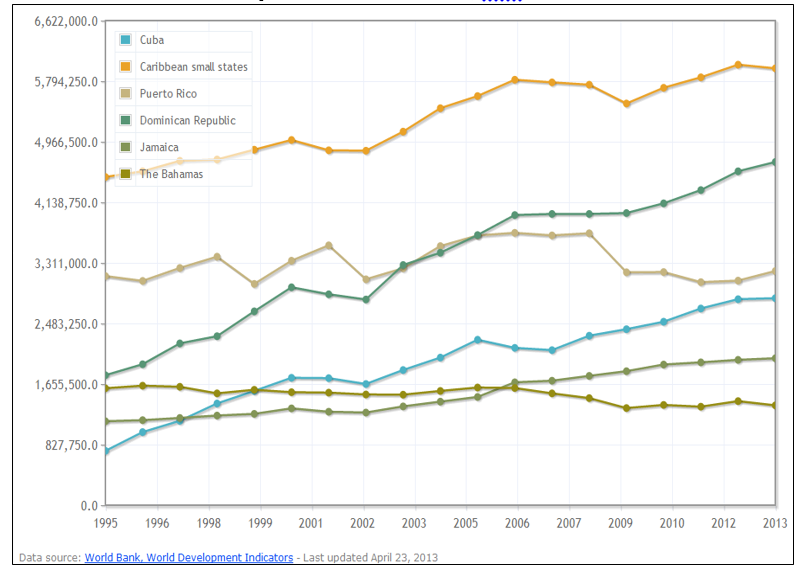
Table 1. Caribbean Tourist Arrivals and Earnings, 2010 and 2014 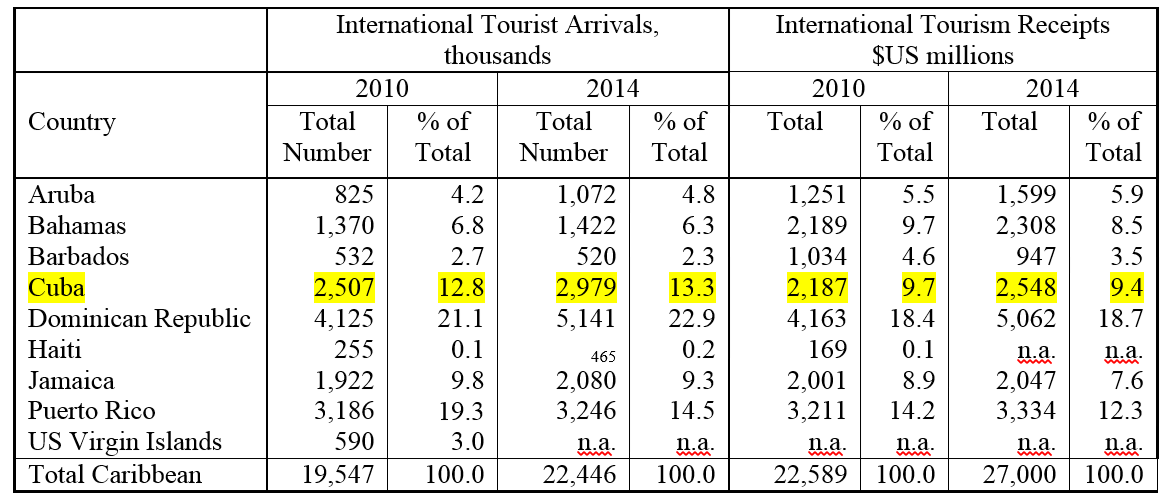
Source: United Nations World Tourism Organization, Annual Report 2014, p.6. http://www.e-unwto.org/doi/pdf/10.18111/9789284416899, Accessed February 29, 2016
Will Other Caribbean Destinations Lose Out to Cuba?
There has been some fear that other Caribbean tourist destinations would lose when U.S. citizens start flocking to Cuba. This indeed is a legitimate fear.
A glimpse at the past 25 years suggests that the impacts on other Caribbean destinations in general may be mixed. A glance at Chart 3 indicates that some other major destinations, including the Dominican Republic, Jamaica and the other “Caribbean Small States” in general have been able to withstand the growing competition from Cuba and have continued to expand significantly in terms of tourist arrivals over the 1995-2013 period. The expansion of tourism in the Dominican Republic is especially notewortheyPuerto Rico is the major exception along with The Bahamas. Both have lost its shares of tourist arrivals and of revenues in the brief 2010-2014 period as indicated in Table 1. Surprisingly, Cuba increased its share of tourists in the region, but its share of tourist revenues actually declined.
There is one reason for optimism with respect to the other Caribbean destinations. Much of the prospective U.S. tourism to Cuba will not be of the “sun, sea and sand” variety, but will be of the other varieties especially “curiosity tourism.” But what most of the other Caribbean Islands offer is a beach “escape-from-the-winter” holiday. They may therefore be less vulnerable to a tourism “shifting to Cuba” effect.
A small compensation will be that if Canadians are squeezed out of tourism in Cuba with the onslaught of U.S. beach resort tourists, they will likely go to other Caribbean destinations. However, there is also great affection on the part of many Canadians for Cuba as a tourism destination, and the return again and again and again!
Furthermore, international tourism generally has been growing steadily in the post-World War II period and there is little likelihood that this will cease unless the world enters a deep and prolonged recession. Tourism in the Caribbean generally has been increasing steadily as well. The overall expansion of tourism in the region should help compensate for any diversion of U.S. tourists from the other Caribbean islands to Cuba.
Will the Maya Riviera be hit with a diversion of U.S. tourists to Cuba? This may well happen to some degree. However, the Mexican Yucatan region is a highly attractive tourist waterfront destination with other major attractions. A beach holiday can be combined with archaeological tourism with a visit to the ancient Maya cities of Uxmal and Chichen Itza (both World Heritage Sites), Tulum, to less well-known but quite incredible Calakmul (another World Heritage Site) and Kohunlich and innumerable smaller sites. As well as this is the Colonial legacy in many small towns as well as Merida and Campeche (still another World Heritage site.) In the long term, the Yucatan should certainly be able to hold its own.
The Zika Virus Risk to Cuba’s Population and Tourism
While it is not known whether or not the Zika Virus, linked to birth defects elsewhere in Latin America, has arrived in Cuba, there can be no doubt that it will. If, as seems increasingly certain, the Zika virus is primarily transmitted by the female Aedes aegypti, then pregnant women in Cuba would be at grave risk. This would likely have a major impact on the tourist sector and the Cuban economy generally – as well as tourism elsewhere in the Caribbean and tropical parts of the world, as suggested by the accompanying map.
Cuba has had long and reasonably successful experience in containing the dengue virus that has affected many people and also the rarer Chikungunya virus, a disease that causes fever and severe joint pain. Both are also spread by some branches of the Aedes aegypti mosquito. This has been achieved with frequent fumigation of homes, public and buildings and clean-up of stagnant waters that are the breeding grounds of the mosquitos.
Map 1. Probable Occurrence of Aedes Aegypti in the Caribbean Region 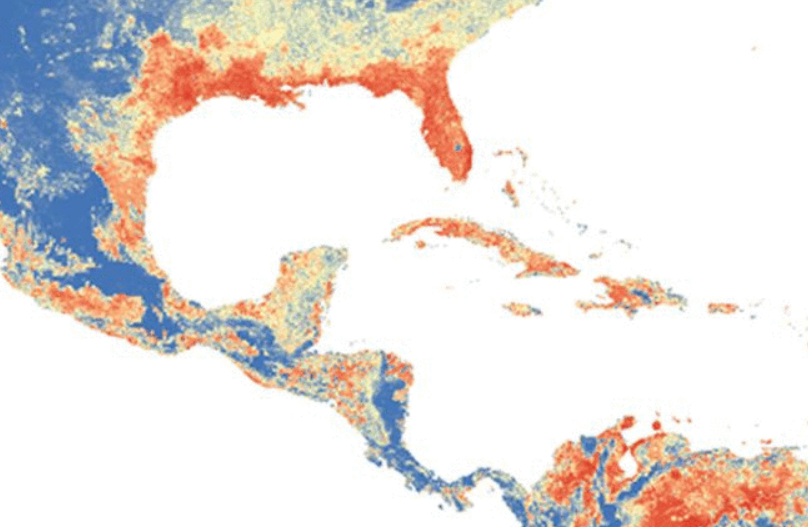
Source: Wikipedia, Zika Virus, accessed February 29, 2016
Note: Global Aedes aegypti predicted distribution. The map depicts the probability of occurrence (blue=none, red=highest occurrence).
On February 23, a public program was announced to deal with the potential problem. This involves:
- using the army to expedite fumigation spraying,
- calling on the somewhat moribund neighborhood associations – the Comites por la Defensa de la Revolucion – to promote public education,
- a general clean-up of the streets and stagnant waters and
- improved garbage disposal arrangements.
Judging from recent reports from Cuba these programs have been implemented quickly and people are already adjusting their behavior to eliminate the mosquito vector of the disease and in their normal living arrangements (using mosquito nets at night for example.)
Cuba’s public health system is very strong and its actions already seem to be determined and serious. Cuba will probably be able to deal with the mosquito and the disease very effectively. Obviously effective action is imperative to protect Cuba’s people and future generations.
What will be the effect on Cuba’s tourism and its tourism-dependent economy? Already there are concerns on the part of young women and especially of course pregnant women regarding travel to Cuba. This will undoubtedly have an impact, very minor one hopes, on Cuba as well as on the rest of the countries in the region. But it is probable that Cuba’s public health system will minimize and hopefully eliminate the problem. If so, tourism will not be affected that seriously.
Conclusion
In summary, if managed wisely, Cuba can look forward to greatly expanded and economically beneficial tourist boom with full normalization of relations with the United States. This may generate some collateral damage for Canadian tourists who may face a crowding out and pricing out effect, but this will likely be modest and would likely benefit other Caribbean countries. Within the Caribbean region, some countries may feel pressure from the diversion of U.S. beach resort tourists, but most of the bigger destinations have held their own in the last few decades and will continue to do so.
A question mark and potential risk for the tourist sector – and more importantly for the whole population and for future generations in Cuba and many tropical regions is the Zika virus. This will likely hit Cuba in time if it has not already. But resolute policy, education and action have begun to deal with Zika. Cuba’s past successful programs for controlling the dengue virus should facilitate rapid and effective action against Zika.
With respect to tourism in summary, the positive economic impacts of the coming U.S. tourism tsunami should far outweigh any possible effects of the Zika virus, which will likely be successfully controlled.

Cuba’s Best Friend of the 1990s: The Canadian Winter
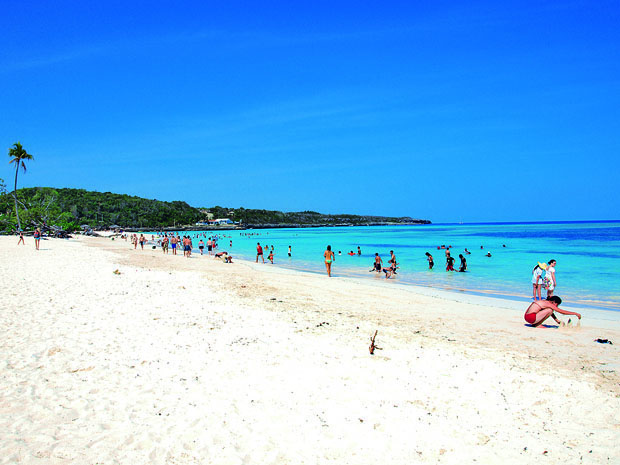
……………………………………………………………………………………………………………………………………………
Cuba’s Best Friend of the 2016 Onward: The Curious American Tourist !
